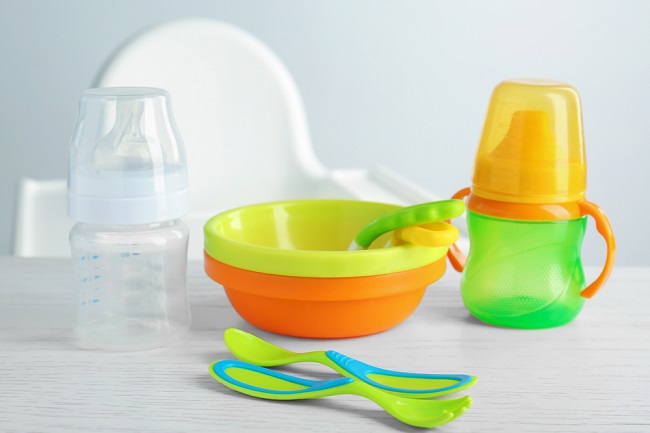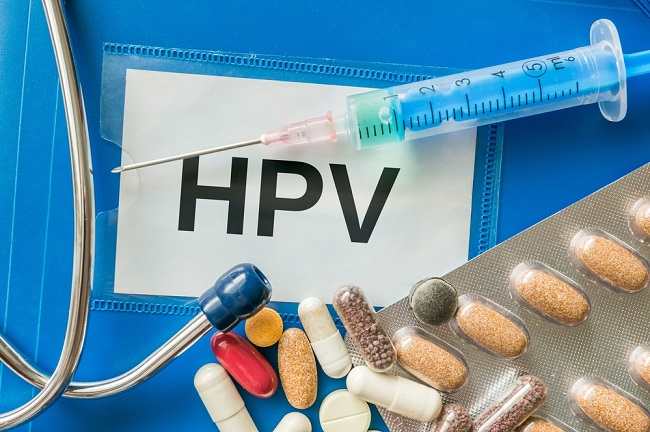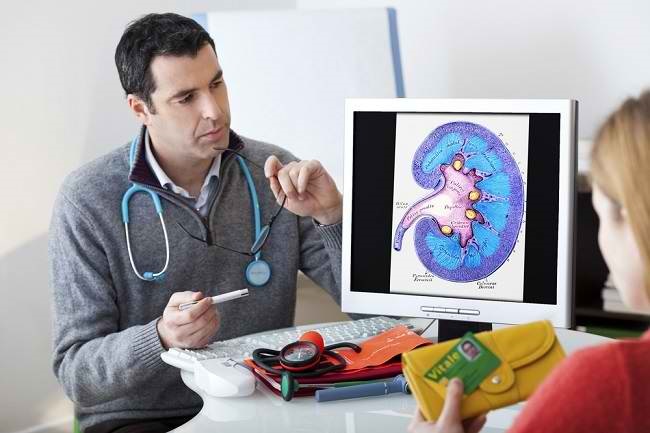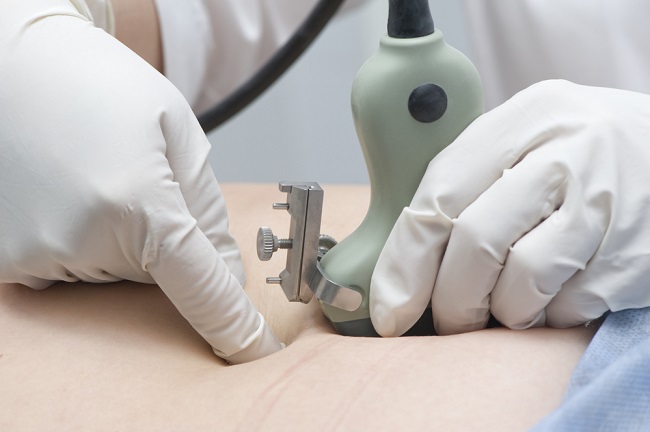The nutritional intake of pregnant women is an important factor, both for the fulfillment of nutrition for pregnant women and the growth and development of the fetus in the womb. Come onCheck out the list of nutritional intakes for pregnant women that must be met below.
During pregnancy, the body will go through many physical and hormonal changes. In this condition, your appetite may decrease because you experience nausea and vomiting every day. However, that doesn't mean you don't eat at all. Remember, so that the baby is born healthy, you are encouraged to eat a complete nutritious diet.

List of Good Nutrients ufor the fulfillment of nutrition for pregnant women
The need for each type of nutrition during pregnancy is certainly different from the nutritional needs when not pregnant. During pregnancy, you need an additional 300 calories from food, especially in the second and third trimesters. In addition, there are also some micronutrients that you need in greater amounts when pregnant.
The following is a list of important nutritional content to be prioritized during pregnancy:
Macronutrients
Macronutrients are nutrients that contain calories or energy, such as carbohydrates, proteins, and fats. Details of macronutrient requirements during pregnancy and their benefits will be explained below.
- CarbohydrateCarbohydrates are an important source of energy for pregnant women. Consume complex carbohydrates that also contain fiber, so you avoid constipation. Examples of complex carbohydrates are brown rice, whole wheat bread, beans, and vegetables and fruit, such as corn and durian.
- ProteinProtein plays an important role in the growth and development of cells or tissues, including fetal brain cells. In addition, protein also helps the growth of breast tissue in pregnant women, and increases the blood supply in the body. The need for protein intake for pregnant women is around 75-100 grams or 2-3 servings of protein sources per day. Good sources of protein for pregnant women include lean beef, fish, chicken, lamb, tofu, and beef liver.
- FatDuring pregnancy, pregnant women are also recommended to consume fat. However, choose sources of good fats or unsaturated fats, such as nuts, avocados, olive oil, and salmon. Good fats that contain omega-3 play an important role in supporting the growth of the baby's brain and eyes before birth as well as the cognitive and vision development of children after birth. In addition, fat also helps the growth of the placenta and other tissues, and reduces the risk of premature birth and the baby blues.
Micronutrients
Micronutrients are food components that include vitamins and minerals. Below will be explained about some of the micronutrients whose needs need to be prioritized during pregnancy.
- CalciumNot only strengthens your bones and teeth, calcium is also useful for building the bones and teeth of the fetus. In addition, calcium plays a role in helping your body regulate fluids, helping nerve function and muscle contraction. During pregnancy, you need about 1000 milligrams of calcium. You can get calcium from milk, cheese, yogurt, sardines or salmon, and spinach.
- Folic acidFolic acid plays an important role in reducing the risk of birth defects, including neural tube defects in the fetus that affect the brain and spinal cord. Examples are spina bifida and anencephalyThe daily requirement of folic acid during pregnancy is 600–800 micrograms. Sources of folic acid include green vegetables, beans, eggs, beef liver, citrus fruits, strawberries, lemons, mangoes, and tomatoes.
- IronIron has a function to increase blood volume and prevent anemia. The ideal daily intake during pregnancy is 27 milligrams, but usually doctors will also provide iron supplements that need to be taken every day. As for sources of iron that you can consume, namely radishes, green vegetables such as spinach, lettuce, cabbage, whole grains , breads, cereals, oatmeal, beef and seafood.
Vitamin Needs for Pregnant Women That Must Be Fulfilled
Vitamin intake during pregnancy also needs to be supplemented to support the health of pregnant women and babies in the womb. The vitamins needed during pregnancy include:
- Vitamin A, for healthy skin and eyes, as well as bone growth. This vitamin can be obtained from carrots, green vegetables, and tubers
- Vitamin C, for healthy teeth, gums, bones, and helps the absorption of iron. This vitamin can be obtained from citrus fruits, broccoli, tomatoes
- Vitamin B6, for the formation of red blood cells and for the effectiveness of the benefits of protein, fat, and carbohydrates. This vitamin can be obtained from cereals, whole grains such as oats, and bananas
- Vitamin B12, for the formation of red blood cells and maintain a healthy nervous system. This vitamin can be obtained from meat, fish, and milk
- Vitamin D, for healthy bones and teeth, and helps the absorption of calcium. This vitamin can be obtained from milk mushrooms, cereals, and bread
Tips for fulfilling the nutrition of pregnant women
To meet nutritional needs during pregnancy, you can take the following simple steps:
- Know and meet your daily calorie needs
- Breakfast every day. If you have no appetite because of nausea, stomach ache, or morning sickness, try to eat little but more often.
- Eat nutritious food
- Eat high-fiber foods and increase your fluid intake from water or fruit juices, and exercise regularly to prevent constipation. Constipation can cause discomfort in the stomach that can make you lose your appetite.
- Avoid spicy and fatty foods, especially if you suffer from ulcer disease.
- Avoid consuming alcoholic beverages, caffeine, soft drinks, and fish with high mercury content.
- Avoid eating a lot of fast food or junk food high in calories, fat and sugar.
Nutritional intake is very important in pregnancy. If the nutritional needs of pregnant women are not met, it will be difficult for the mother and fetus to gain weight. This condition can cause various problems for the health of the mother and fetus.
Therefore, the nutrition of pregnant women must always be considered. Doctors will usually give you several supplements to help you meet your vitamin and mineral needs. However, you also have to meet the nutritional needs of the food you consume daily.
In addition, check your womb regularly, so that your health and that of the fetus can always be monitored. Do not hesitate to consult a doctor regarding nutrition for pregnant women, especially if you are a vegetarian. The reason, a vegetarian's food choices are more limited.









